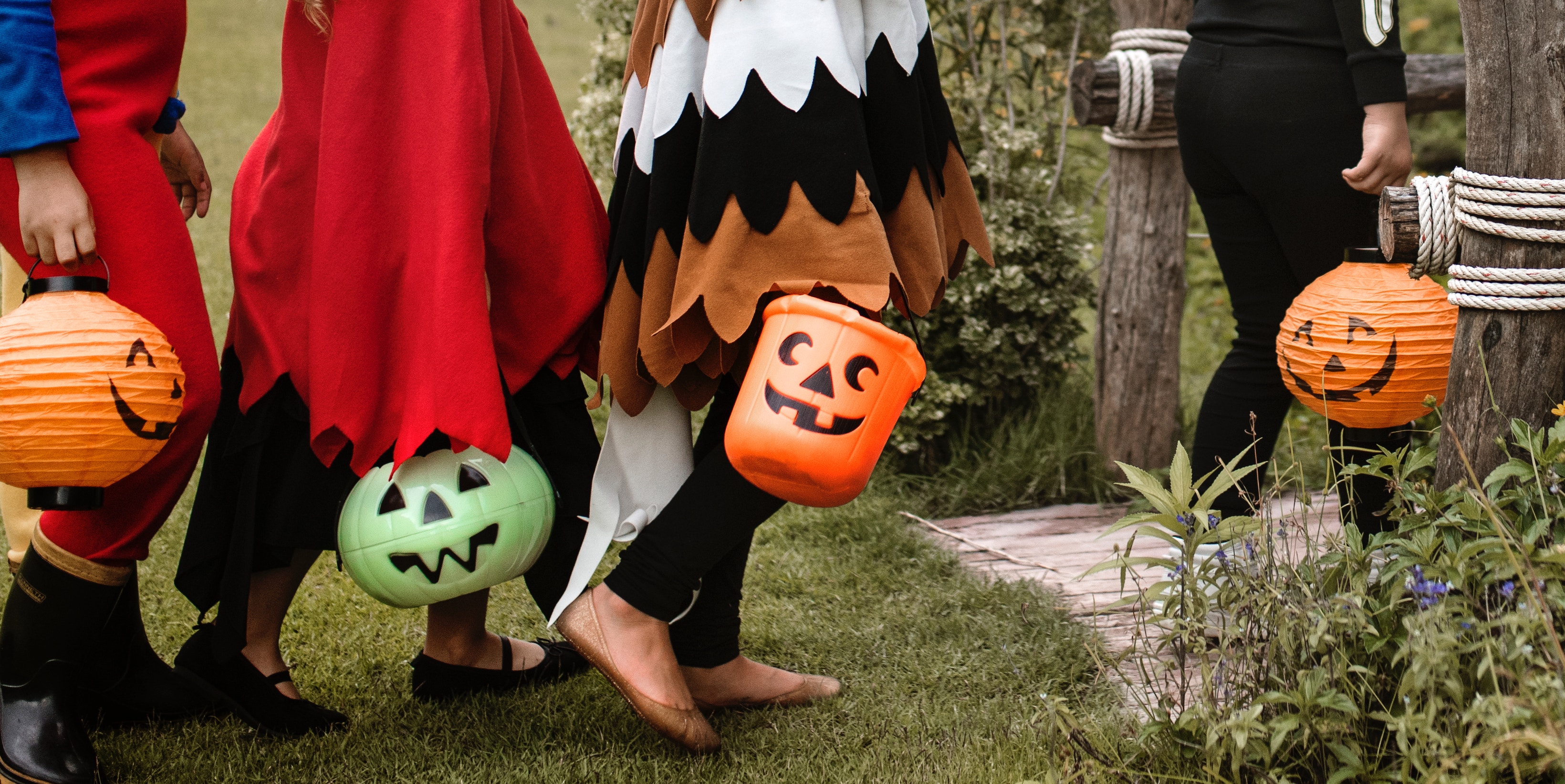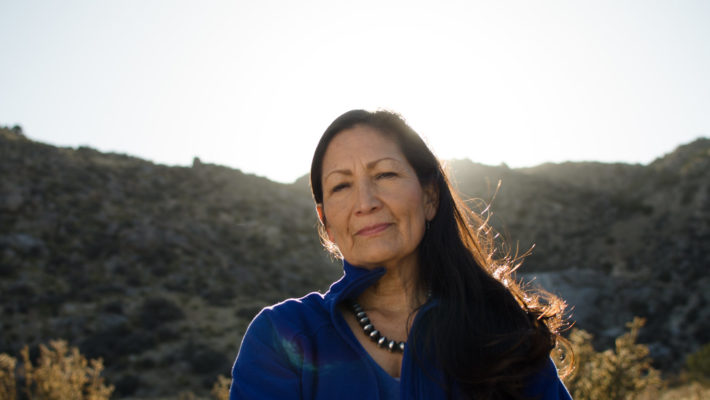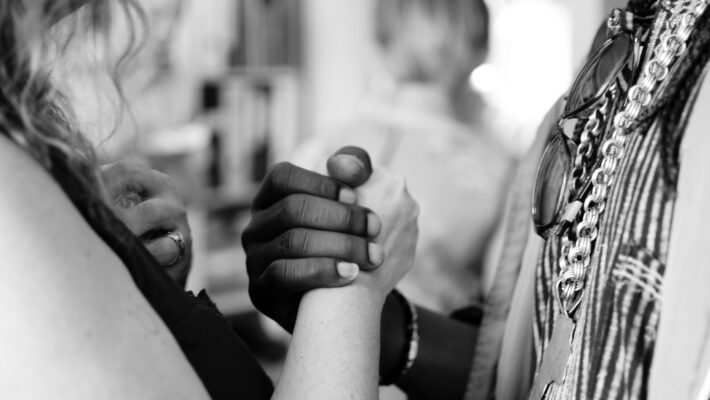The leaves they are a-crackling, and if you have Halloween plans, your costume idea gears are probably already churning. Whenever this time of year rolls around, Indigenous people brace themselves for some difficult conversations about people dressing up in Native costumes.
If you’re thinking about dressing up ‘Indian’, here’s something to consider: many Natives endure a painful existence unknown to most. Dressing up as them, or ‘playing Indian’, is always disrespectful. It doesn’t celebrate culture. It’s never appropriate. Never, never, never, never. To a Native, this is a mockery akin to blackface, or dressing your child up as Jonbenet Ramsey. Why would anyone do something so horrid when there are an infinite number of other costume choices to explore?
‘But it’s just Disney character.’
Some people are misled into dressing up Native, thanks to the popular Disney film franchise and the Pocahontas costumes that inevitably turn up. If you want to be culturally sensitive, don’t buy into it. Here’s why.
The impact of the Disney film on Native communities is multifaceted, and perhaps not all bad. But it propagates myths like the romantic relationship between the title character and John Smith, which never happened, it supports colonial stereotypes like the ‘good Indian’ who loves and helps white men, and most dangerously, it fetishizes an extremely at-risk group of women.
Native Women are Hunted by White Men
(Content warning: this is disturbing, especially for survivors of sexual violence, but please get educated)
Native women are three times more likely than non-Native women to be violently assaulted. According to North Dakota Senator Heidi Heitkamp, at least 125 Native women went missing in North Dakota alone, and at least 5,712 across the US, in 2016. “There is still no reliable way of knowing how many Native women go missing each year,” Senator Heitkamp says. “The actual number is likely much higher, as cases of missing Native women are often under-reported and the data has never been officially collected.”
The US Department of Justice estimates 80 percent of Native women are sexually violated in their lifetimes, and 70 percent of these crimes are committed by non-Native men. This is mostly due to the fact that non-Native men can go onto reservation lands and attack, kidnap or kill Native women without repercussions. Native families have little to no recourse with state or federal law enforcement, under whose jurisdiction these crimes fall. Federal prosecutors at the FBI and US Attorney Offices decline more than two thirds of these cases sent to them by tribal law enforcement. For the remaining third, let’s just say they’re not famous in Indian Country for their follow through.
There are accounts of women being called ‘Pocahontas’ by their rapists, and of the elevated risk of racially motivated attacks when oil workers come onto reservations to build pipelines. But it’s not just on the rez. A survey surfaced recently of 148 Native women in urban Seattle. Almost all of them–94 percent—were survivors of rape. Just like Matoaka herself.
Matoaka, the Real Pocahontas
Matoaka, popularly known as ‘Pocahontas,’ was 10 or 11 years old when settlers arrived at Werowocomoco, the Mattaponi village where she lived with her father Wahunsenaca, who as Paramount Chief of the Powhatan was responsible to the leaders and people of around 30 tribes.
Matoaka grew up educated and social, but came of age under English terrorism. She married Kocoum, the brother of another Chief. She was 15 or 16 when an English colonist named Captain Samuel Argall kidnapped her, forced her to give up her baby, and held her captive aboard an English ship where she was detained and serially raped.
Rape was common among colonials. Native women didn’t usually cover their breasts, especially in the summertime, and puritanical European men took this as an invitation to attack. In Powhatan society, rape was an unthinkable crime with severe consequences (e.g. total banishment from civilization), so the English authorities’ allowance of widespread settler attacks on Native women was shocking and unexpected to them.
Colonists murdered Kocoum and Matoaka never saw her family again. Aboard her floating prison, she was impregnated by rape with a second child, and married to an English man named John Rolfe under dubious conditions (John Rolfe commercialized tobacco, so you can thank him for your relatives’ lung cancer). Rolfe renamed his captive ‘Rebecca,’ forcibly dressed her in English clothes, which she sensibly hated, Christianized her under duress, and sailed her off England where she died no older than 21.
Captain John Smith, Liar
Years later, when she wasn’t around to contest it, John Smith made up a story about Matoaka ‘saving his life’ in a scenario that probably never happened and could not have happened the way he tells it. This tale is the basis of the Disney film, a romanticized settler-colonial narrative of one of the first #MMIW. In mainstream society, Matoaka is famous not for her great strengths, playful nature, or ability to endure the horrors of colonial terrorism. She’s famous for being associated with a white man, based on a white man’s lies. This is not a Native narrative. It’s ahistorical. It does not honor Native ways.
Dressing up as this Disney character, as you can hopefully see by now, is a damaging gesture of disrespect.
How to Honor Matoaka This Halloween
The sorrow of this story deepens a shade. Oral tradition teaches that ‘Pocahontas’ wasn’t Matoaka’s name—it was her mother’s. It was the name of Paramount Chief Wahunsenaca’s first wife. The original Pocahontas died in childbirth with Wahunsenaca’s favorite daughter, Matoaka. The playful Matoaka, also sometimes called Amonute, took on the nickname ‘Pocahontas’ (playful one) because she reminded her father of his beloved late wife. Wahunsenaca cherished them both, and he lost them. Can you imagine his grief? Can you imagine Matoaka’s? Now her nickname, her mother’s name, is used as a racial slur.
This Halloween, if you want to honor Matoaka, Amonute, ‘Pocahontas,’ ‘Rebecca,’ you can educate others about her tragic story. Or you can just leave her alone. Let her painful memory rest, and leave her story to her own people, who will tell it honorably because they have a stake in doing so.
There are plenty of great Halloween ideas for this year. It’s the first Halloween for Black Panther costumes. You could turn to Studio Ghibli’s latest for inspiration. Or break out the hairspray and spandex to go as a piledriving GLOW. Let’s have a happy Halloween, not one that perpetuates grief and trauma.
DisneyHalloweenMatoakaMMIWNativeNative AmericanNDNPocahontasRacismTrauma




